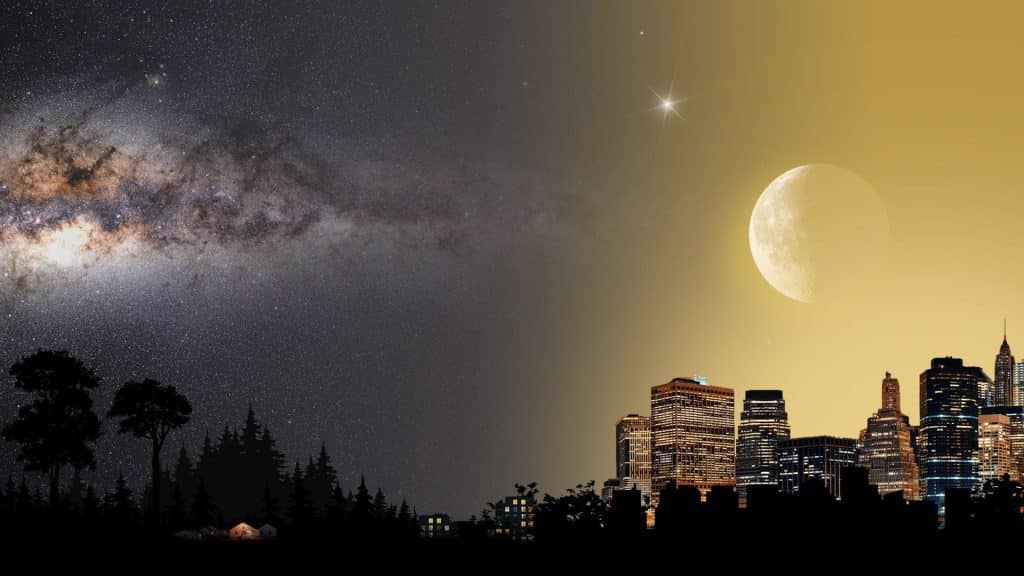Astronomy experts have given stargazers a heads up as they expect July to be packed with magnificent celestial events that are bound to grace the skies as soon as this week.
But which celestial occurrences can stargazers expect and when can they witness them?
Here’s everything you need to know about the upcoming stargazing opportunities in July, according to Forbes.
The Milky Way
Experts say that July and August are the best months of the year to see the Milky Way from the northern hemisphere and this year, you may witness this event in the first week of this month in the southeastern sky.
It better to be away from light pollution after the sun sets to get a good view of the Milky Way.
Crescent moon
For four successive nights, from July 6 through July 9, stargazers may see a beautiful crescent moon after sunset in the west.
The July 6 view may require binoculars as it may be tricky since the moon will be just 1%-lit, and it may be viewed from a low view to the horizon. After that, it gets much easier.
Spica eclipsed by moon
Stargazers may be able to see one of the brightest stars in the summer night sky — Spica in Virgo — eclipsed by the moon in one of the rarest sky events for North and Central America this year.
This occurrence may be witnessed between July 13 and 14 in the southwestern evening sky.
The seventh full moon of 2024 will be 100% lit by the sun on July 20 and 21, closest to the eastern horizon. It is preferable to witness this event with any pair of binoculars for a fabulous close-up.
Moon meets ‘Ringed Planet’
A notable moon-planet conjunction will be visible for two successive nights in the west on July 23 and 24.
As seen from parts of Asia and Africa, the moon will block Saturn for a few hours on the second night.
Delta Aquariids meteor shower
Stargazers may look forward to 10-20 “shooting stars” in moonless night skies from midnight through 2am as the Delta Aquariid meteor shower peaks on July 31.
The meteor showers, which are caused by the dust and debris left in the inner solar system by a mess of comets, run from July 18 to August 21 each year.

